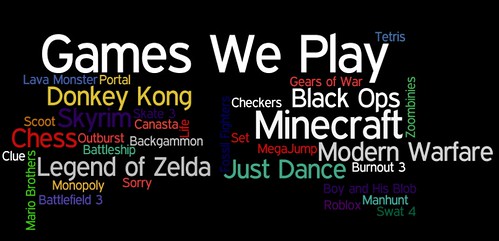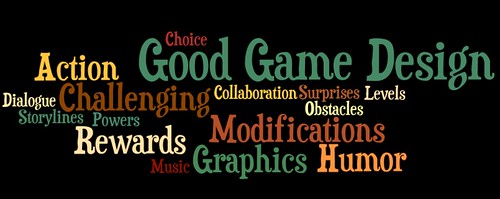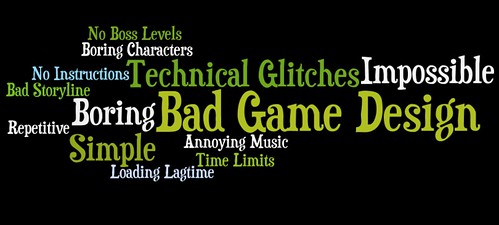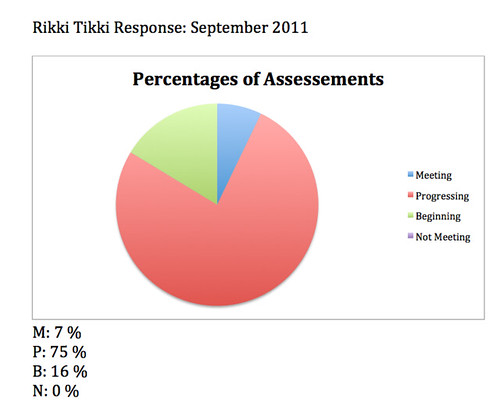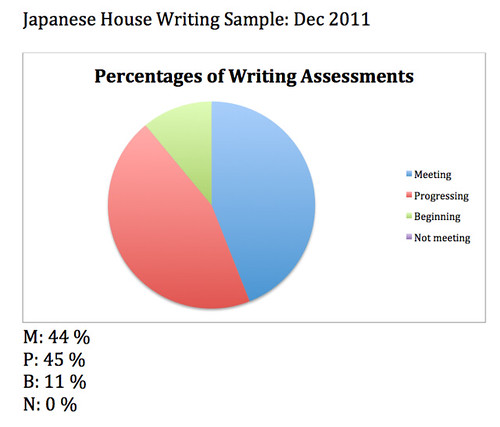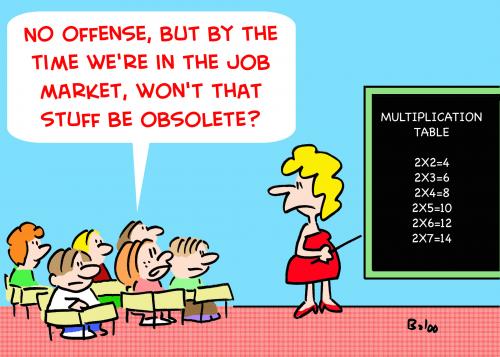My wife has a subscription to a bunch of school administrator journals. It’s not the best of reading, but I like browsing through to see what trends may be emerging on the horizon. It’s like peeking around the corner with spy gear. I am always surprised by the amount of canned curriculum being advertised in the pages of these journals — the claims that everything can be fixed with a simple software tool, or box of leveled books, or the new device is both interesting and appalling at the same time.
I was reading a column in the latest edition of District Administration by Cathleen Norris and Elliot Soloway (who write a column called Going Mobile) when something jumped out at me that I had to respond to. The column was about the impediments to technology in schools these days, and Norris and Salaway outline a number of obstacles. They make some good points, including the need for more professional development opportunities for teachers, a viable infrastructure that supports technology, and the need to do more work around assessment of student work with technology.
Another impediment is curriculum development and this is where something they wrote had me fuming a bit. This is what they say:
“… administrators can’t expect to be successful on the back of teacher-generated curriculum materials. Teachers are not curriculum producers; teachers are, well, teachers.” — Norris/Soloway, District Administrator
Excuse me? Condescending a bit or what?
I guess as a teacher, I am not talented or smart enough to develop a rich curriculum that engages my students in learning while also anchoring that learning to whatever state curriculum is in the mic? I don’t have the tools to be thoughtful about development of activities with end-goals in mind? I don’t have the wherewithal to integrate technology in a meaningful way for a meaningful purpose for meaningful learning?
Come on! These two need to get immersed in the work of organizations like the National Writing Project, where the heart and soul of curriculum development is with the teachers. All I could think of is that these writers may represent a majority of administrators (not all, but many) who don’t value teachers as leaders, and so where do they turn for curriculum?
That’s right. To the advertising pages of journals like District Administration, where they can spent gobs of precious money on canned curriculum that gets shoved down the throats of teachers, stifling not only the creative abilities of teachers but also taking away much of the individualized approaches to student learning that we know is most effective.
What Norris and Soloway are saying is: Trust the experts when it comes to curriculum development, and the experts are not the teachers.
If ever a statement needs push back, this is it, particularly as we shift towards Common Core standards and the major companies like Pearson are no doubt gearing up canned curriculum and textbooks for states and school districts to purchase and pat themselves on the back that they are now in the running for Race to the Top money that comes with alignment. Administrators, look to your own teaching corp for expertise and find a way to bring us teachers into the equation, too.
Peace (in the push back),
Kevin
